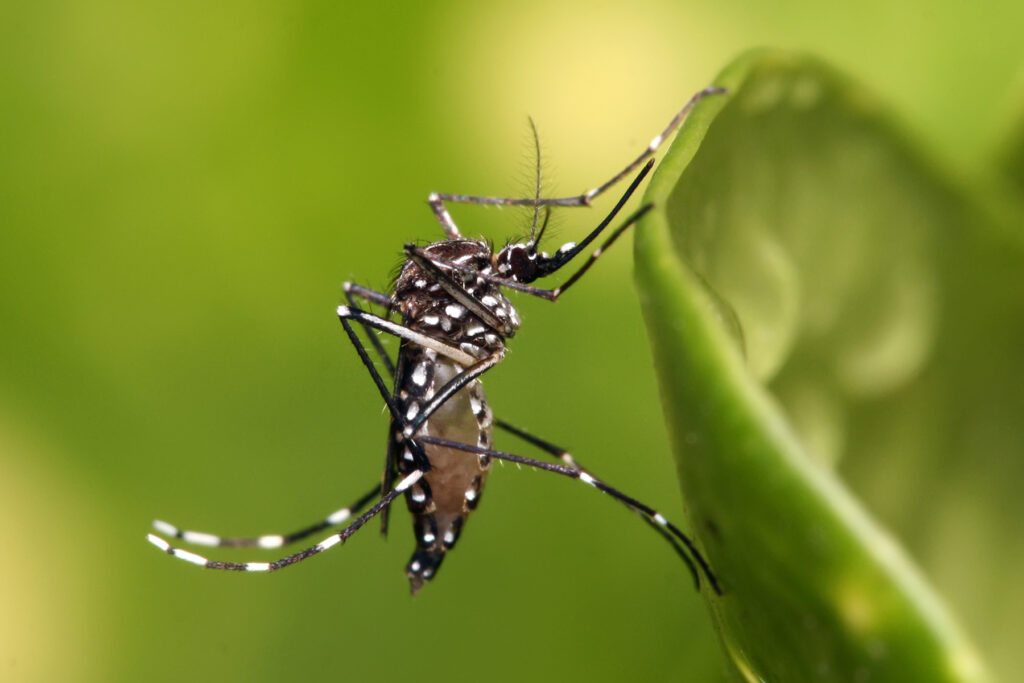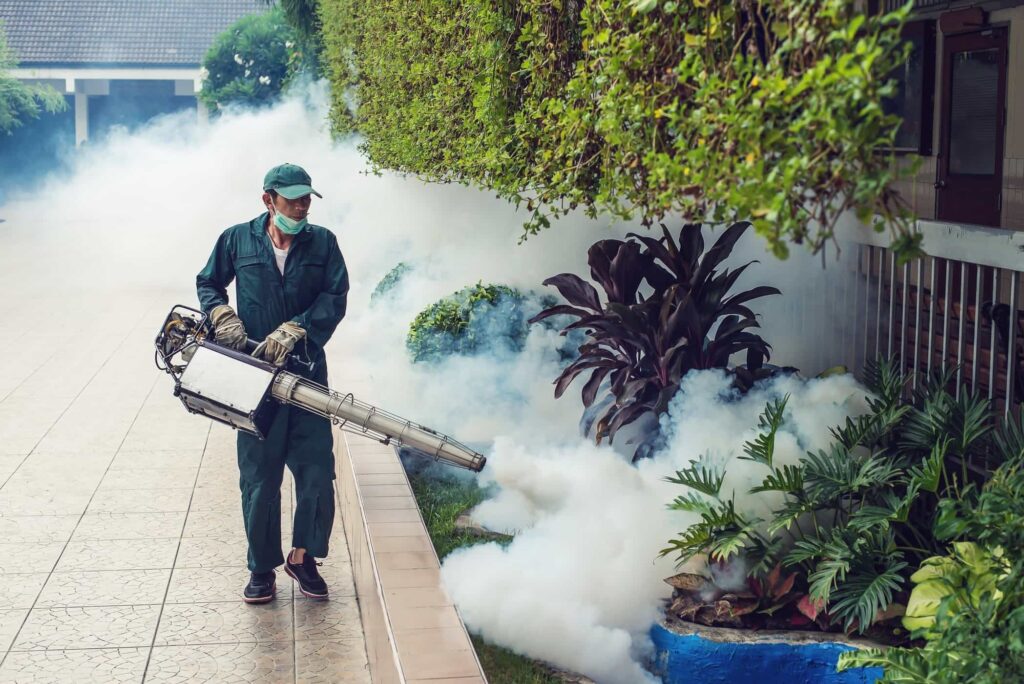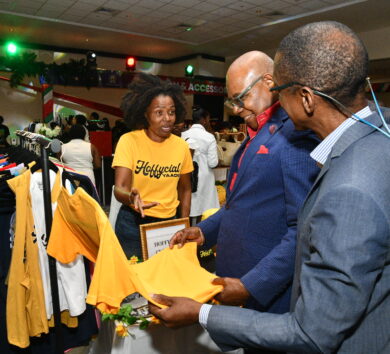

The Ministry of Health and Wellness is urging members of the public to play their part in reducing mosquito breeding sites around their homes.
This call comes as the ministry ramps up its vector control measures in response to the expected increase in mosquito population following the impact of Hurricane Beryl.
“We are not seeing where our citizens or householders are assisting us by dealing with those breeding sites, so post-Beryl, the teams going out. We are seeing tarpaulins, drums, cans just around [people’s] homes; they have sat there since Beryl and persons have not gone out. We are taking the opportunity to ask persons to please partner with the Ministry of Health. When we visit your home to treat those containers, we want to treat those containers that you can’t get rid of because you are storing water for usage but certainly, those other containers we are asking you to get rid of them,” said Sherine Huntly Jones, medical entomologist and manager for the National Vector Control Programme in the Ministry of Health and Wellness.

Huntly Jones, while speaking at a press conference on Thursday (July 18), said it is a common phenomenon to see an increase in the mosquito population after a hurricane, however, she said only the Aedes Agypti mosquito is acting as a vector.
“We continue to remind you that the Aedes Agypti is the main vector at this time and it is our main concern, it’s our container breeder and that is the one that is going to be transmitting dengue, Zika or chikungunya and really that we have to above all pay attention,” the medical entomologist noted.
She further urged citizens to manage solid waste around their homes to reduce rodent and fly infestation.
The Health Ministry has also announced that it will be ramping up its vector control measures with the addition of another 400 vector control workers.

Prime Minister Andrew Holness this week announced some J$300 million towards dengue mitigation activities that will be undertaken over the next six weeks.







Comments